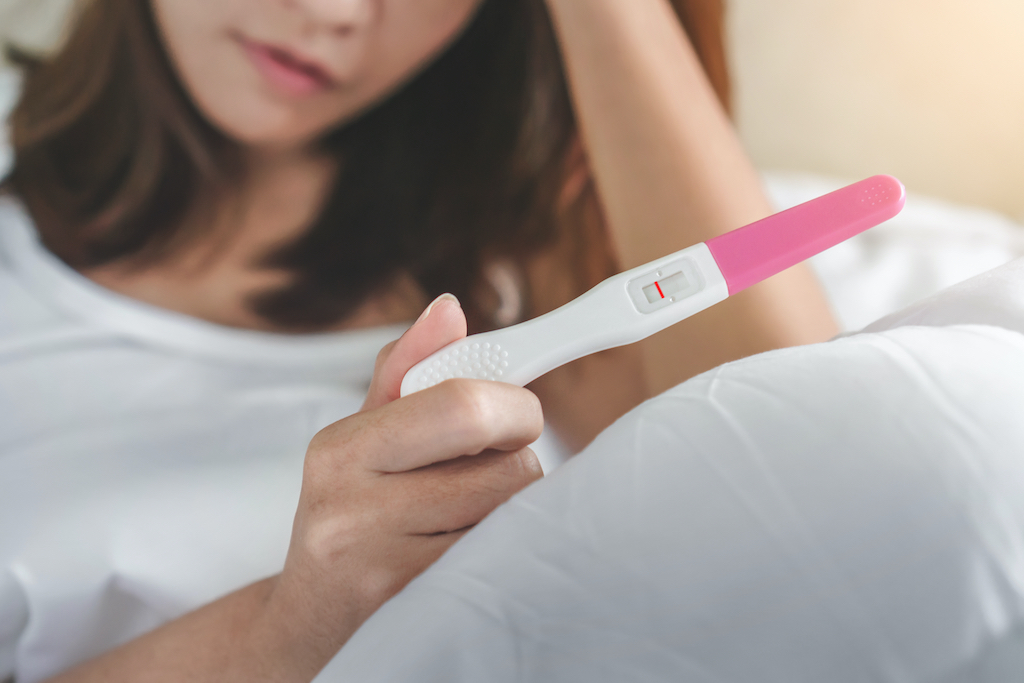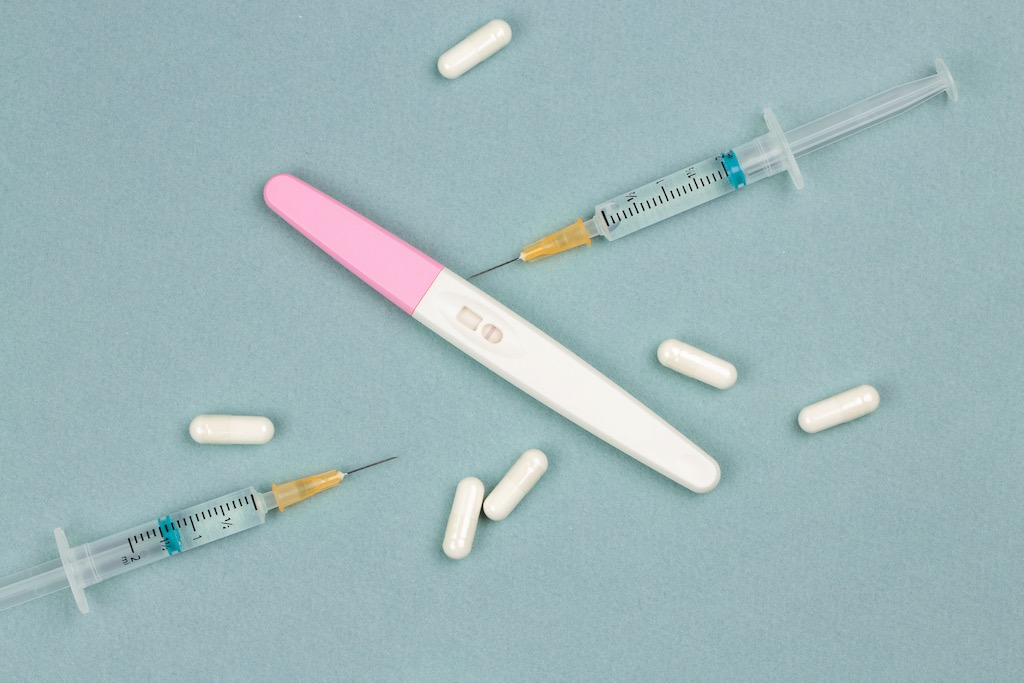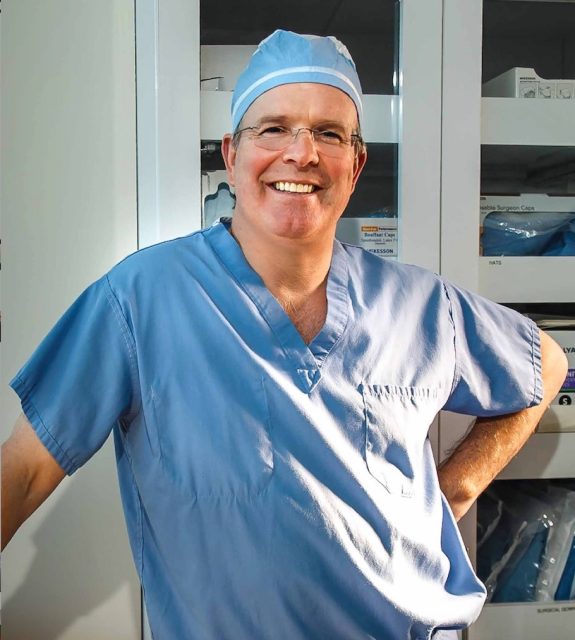Widely considered one of the top fertility experts in the field, Dr. Mark Surrey has been in practice for over 25 years. He is a board-certified reproductive and endoscopic surgeon and serves as a clinical professor in the Department of OBGYN at UCLA’s David Geffen School of Medicine. He was elected President of the American Laparoscopy Society & Pacific Coast Reproductive Society and is a Clinical Director of Fellowship Training for UCLA & Cedars Sinai Reproductive Endocrinology. Also a founding member of The Society of Reproductive Surgeons. Dr. Surrey is a yearly recipient of the leading research contributions for ASRM. Furthermore, he is the associate director at the Southern California Reproductive Center, a clinic he co-founded.
Haute MD sits down with Dr. Mark Surrey to learn about infertility in both men and women and how to help individuals get pregnant.

HB: What are some of the signs to look for if a woman suspects she is having trouble getting pregnant? And when should you seek a specialist?
First, we will look at a woman’s age and how long she has been trying. If you are, by definition, of advanced maternal age and/or have been trying for over 6 months, it is advisable to seek the help of a trained, recognized fertility specialist, who is able to treat medical, surgical, and in-vitro fertilization treatments. Many of my older patients are finding themselves in the difficult position of having wasted time on alternative treatments that have not produced results and have wasted valuable years and are now finding themselves at advanced maternal age, which makes a successful pregnancy more difficult. While I believe that acupuncture and nutrition can certainly help get a woman’s body ready for conception, too many rely solely on these supplementary treatments and do not seek a specialist early enough, therein losing important time as their fertility diminishes. Although these additional treatments are clearly advantageous for many, they aren’t necessarily a substitute for medical diagnosis and treatment. I also recommend seeing a specialist in addition to your trusted OBGYN or making sure your OBGYN works closely with a fertility doctor for the best possible care. An expert can efficiently and effectively make a diagnosis and put forth a personalized treatment.
HB: What are some of the most common reasons women have trouble getting pregnant?
Advanced age is probably the most common reason for women having trouble getting pregnant. Advanced maternal age diminishes the quality of the eggs and embryos produced, making conception or a full-term pregnancy less likely.
HB: What are some of the lesser-known reasons women have trouble getting pregnant?
A lesser-known reason for difficulties conceiving is that men often don’t test their sperm early enough. In many cases, the focus is all on the woman, while her partner doesn’t get tested for a while. If a man does a semen analysis, it should be conducted at a lab that is proficient at evaluating sperm morphology.

HB: What types of treatments are available for these diagnoses?
By far the most effective treatment is IVF, by ten-fold. The most common treatment couples seek, however, is intrauterine insemination. But since there is only a relatively small number of patients with normal morphology (health sperm) and abnormal motility (abnormal sperm movement) in men or cervical stenosis in women, this particular treatment is also only right for that small group of people. Most patients who try intrauterine insemination do so because natural conception hasn’t worked and they are under the impression that it is easier and quicker than IVF, not realizing that the success rate is also only at about a tenth of that of in-vitro fertilization and often simply not right for them.
For more information, visit Dr. Mark Surrey's social media:
























